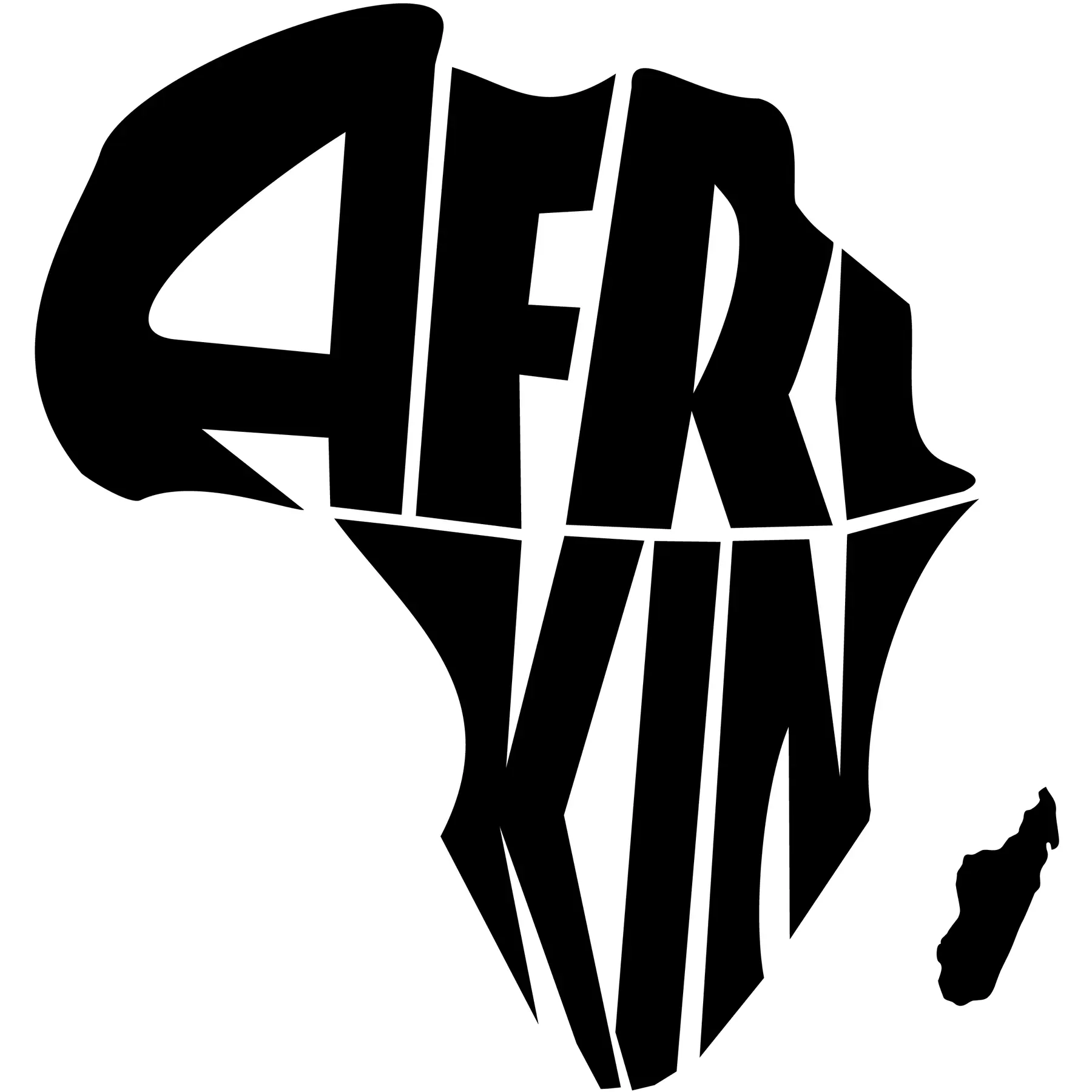Racial and social discrimination is a breeding ground for all manners of inequality, and none of them are felt more keenly than wealth and economic disparities in African and Black economies. It was a question that Magatte Wade wrestled with after seeing the abundance of places like Germany and the United States versus her homeland of Senegal. Why are some countries poor? Why are some countries rich?
Yes, geography and natural resources certainly play a part. Saudi Arabia’s vast oil fields are a testament to that. But for the people of Africa and African communities, the results of colonialism and subjugation disrupted once prosperous trade routes, self-sufficiency, and self-government. It set them back hundreds of years.
Once colonialism allegedly ended, and the African nations regained a level of their independence, many ended up with socialist presidents (explained by Magatte here) and, therefore, limited economic freedoms. This kept them from making similar advancements on the economic world stage as their capitalist peers.
Since that time, Africa and the pro-African diaspora economies have significantly improved over the years. Unfortunately, many regulations still make doing business extremely challenging between Africa and the African Diaspora.
One reason is corruption. Corruption often occurs at all levels of the government, with bribes and favors the expected norm. They will only do what’s good for the people if they get something in return. The other is regulations and legislation that is seemingly very anti-free-market capitalism.
“Elites are usually not incentivized to implement pro-poor economic programs that enhance the ability of the poor to participate productively and gainfully in economic growth.”
Some African countries also have unfriendly or hostile policies towards foreign entities and businesses in general. For example, the African Union (AU) has unfriendly policies towards foreign entities doing business in African countries and regions. Perhaps this is because the AU wants to “protect the integrity [economic] of its members or the region” from foreign entities, which could fundamentally disrupt their economies, leading to corruption, high inflation, and economic instability. It is a brilliant example to see how President Paul Kagame has turned around the economy of Rwanda and his firm stance on foreign investments that seek to exploit the homeland. The probability of free-trade capitalism working for Africa and Black communities is today very much capable.
However, for African and African-diaspora economies to enjoy the same benefits that other countries have, they need to be able to attract favorable long-term investors, form partnerships, and establish agreements to boost economic growth. This means free-market capitalism and a pro-democracy government void of corruption where the power is in the hands of the people. Only then will they be able to reclaim their place on the world stage and enjoy prosperity, abundance, and economic freedoms that were taken away.
What are your thoughts on this? Please share in the comments.

